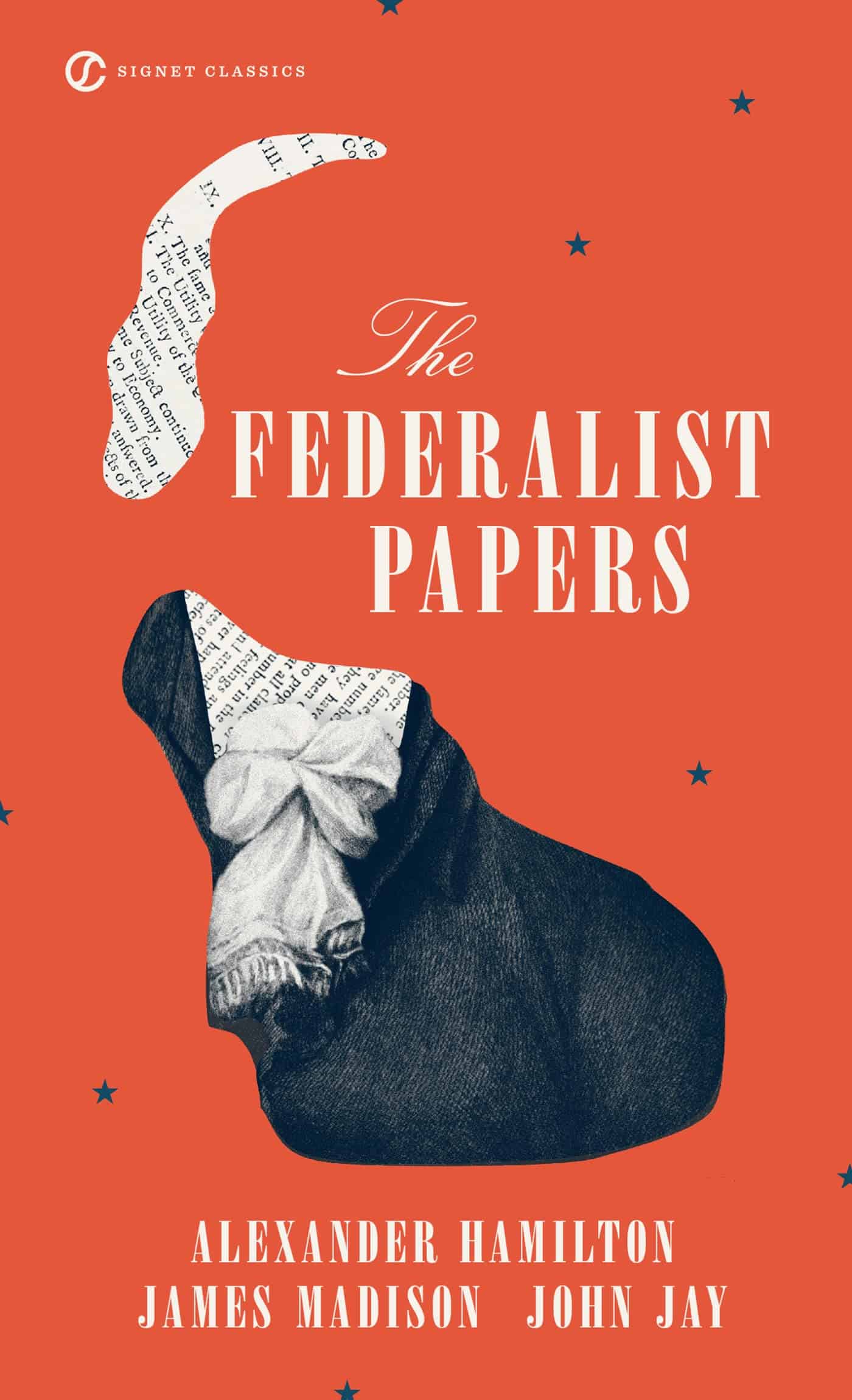Review
This journey through The Federalist Papers has been nothing short of enlightening. A few months ago, I embarked on this endeavor, and I find myself increasingly energized to continue. This collection of 85 essays, written by Alexander Hamilton, James Madison, and John Jay between 1787 and 1788, was originally published in various newspapers to advocate for the ratification of the United States Constitution. These essays offer an invaluable look into the minds of the framers, detailing their intentions and the foundational principles that still shape our nation today.
What excites me so much about this exploration? For one, we’re reflecting on the 2024 General Presidential Election—a pivotal moment that has once again highlighted our nation’s commitment to self-governance. With Donald Trump’s victory, we are reminded that political shifts can bring about significant changes and that each election offers an opportunity to reassess and reaffirm our foundational values. My fascination with U.S. Presidents has been longstanding—reading about their lives, decisions, and impact is something I’ve delved into for years. I’m also a self-professed “avid reader,” having completed 41 books so far this year alone, ranging from fantasy and horror to historical biographies of our founding fathers and early Presidents.
For years, I've dreamed of reading biographies of all the U.S. Presidents in chronological order. So far, I’m three in: George Washington, John Adams, and Thomas Jefferson. In addition to that, I’ve read several books about the “founding brothers,” the year 1776, and even explored 1491: New Revelations of the Americas Before Columbus by Charles C. Mann. That book briefly detoured me into the fascinating world of pre-Columbian history and anthropology—though, I’ve decided to stay focused on post-1700s American history for now!
As I dive deeper into The Federalist Papers, I want to touch on the edition I’m reading (ISBN: 9780451528810). Not only does it include all 85 essays, but it also features the Declaration of Independence, the Articles of Confederation, the Constitution of the United States, and the Amendments. These foundational documents serve as a powerful supplement to The Federalist Papers, giving the reader a broader context for the debates and principles discussed within the essays.
Declaration of Independence
The Declaration is a powerful statement of human rights that goes beyond its time and place to express universal ideas about freedom and equality. Its claim that “all men are created equal” with certain unalienable rights still resonates today. Reading it alongside The Federalist Papers strengthens the framers’ arguments about liberty and government, rooting their complex ideas in the core values that shaped the nation.
Articles of Confederation
The Articles highlight the challenges of early American government. While historically important, the Articles ultimately show the limits of a weak central government. The Federalist Papers repeatedly emphasize the need for a stronger federal system, illustrating the evolution from a loose confederation of states to a more unified country.
United States Constitution
The U.S. Constitution is the centerpiece of these documents. It provides the framework for our government and stands out for its adaptability—it was built to be amended and to grow along with the nation. Reading The Federalist Papers alongside the Constitution shows how the papers defend each clause and article, underscoring why this structure is key for a stable republic.
How I Read This Edition
The approach I’ve taken with this edition is somewhat methodical. I first read through the Declaration, Articles, Constitution, and Amendments to set a foundation. Understanding the structure and intent of these documents enriched my reading of The Federalist Papers. It’s as if the Constitution is the framework, and The Federalist Papers are the blueprint—explaining why the structure is built the way it is. I highly recommend reading the documents in this order to anyone new to this material.
Finally, this journey has sparked some thoughts about how these documents could be taught both in and out of formal education settings. I believe we do students a disservice by not delving deeper into these texts during their formative years. While they are certainly complex, they offer invaluable lessons about governance, responsibility, and civic duty that are more relevant now than ever. Outside of school, I think these texts should be part of every American’s lifelong education. There’s a depth here that transcends time and place, offering wisdom applicable to each new generation of citizens.
I cannot begin to describe the eloquence of the prose in each Federalist Paper. My goodness, this is beautiful and smart and quite exceptional.
As I reflect on this journey through The Federalist Papers, I feel a deep sense of gratitude for the timeless wisdom embedded within these pages. Each essay has revealed something new about the philosophy, reasoning, and high aspirations that have shaped our nation’s identity and governmental structure. The principles of liberty, justice, and federalism feel as relevant today as when they were first penned, making these texts not just historical relics but living documents, relevant to our times.
It’s for this reason that The Federalist Papers has earned a permanent place on my desk, right under my Bible. Just as scripture offers timeless guidance for faith and life, The Federalist Papers provides a framework for understanding our civic responsibilities and the careful balance that governance requires. Keeping both on hand reminds me of the importance of revisiting foundational wisdom—whether it’s divine or democratic—and staying connected to ideas that need to be re-read and re-examined with every new chapter of life.
As we continue forward, I feel compelled not only to continue exploring these texts but also to encourage others to do the same. These documents have much to teach us about the power of ideas, the importance of structure, and the resilience of a union built on compromise and shared ideals. The Federalist authors’ insights have remained relevant because they grapple with enduring truths about human nature, governance, and community. To keep them in front of us is to remember that each generation is entrusted with protecting and building upon these founding principles.

 |
|